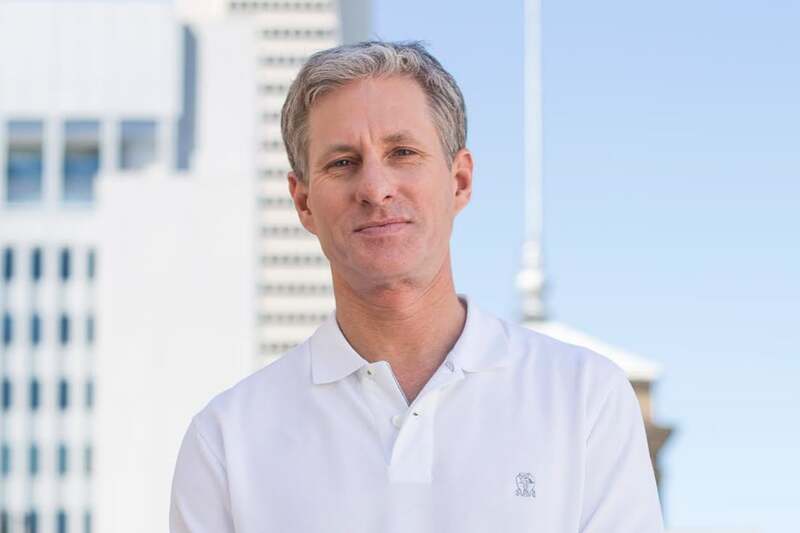
As American blockchain company Ripple’s woes with the US Securities and Exchange Commission (SEC) continue, the company’s executives have appeared in a string of interviews with major broadcasters to flag what they describe as a ‘perplexing’ case of being singled out by the regulator. The execs have once again blamed the lack of regulatory clarity for impeding the US cryptocurrency market.
Ripple’s Executive Chairman Chris Larsen went on Bloomberg TV recently and told the hosts that what has held XRP back is lack of regulatory clarity. There is “a lot of regulatory clarity in key parts of the world,” stating that Japan, Singapore, the UK, Switzerland, and the UAE “have deemed XRP a currency.” But in the US, he said, “10 years, in we still don’t have that regulatory clarity, and that’s holding the US market for crypto. That’s unfortunate.”
Asked why he thought the XRP and Ripple have been singled out by the SEC, Larsen said that “we think that was a perplexing move that happened literally on the last days of the [Donald] Trump administration” but that the company’s managers are “hopeful that we can get that clarity in the US.”
Per Larsen, US securities regulators are making it difficult for the US to be at the top of the fintech world, and making it easy for innovators to move to places like Singapore or the UK where they can have a good relationship with the regulators, but also that China “has been racing ahead in the ways we have not.”
Published on the same day, April 27, was an interview with Fox Business in which Ripple’s CEO Brad Garlinghouse conveyed a similar message, drawing focus to US regulatory uncertainty for crypto businesses and comparing it with other countries in which Ripple has not been accused of initiating an unregistered securities offering.
He claimed he was satisfied with the progress the company has made in court to date, saying the SEC’s charges seemed “pretty hard to swallow”.
Ripple’s CEO said that, as part of the ongoing legal proceedings, the company’s representatives have “sought discovery around how and why they concluded that bitcoin and ether were not securities” as opposed to the SEC’s stance on XRP.
“The day that lawsuit was filed, USD 15 billion of value were driven out of the XRP ecosystem. And that affected the exact people that the SEC is empowered to protect,” he reiterated an earlier statement.
On the other hand, an SEC Commissioner, Hester Peirce, “deserves that ‘Crypto Mom’ moniker,” according to Garlinghouse, “because she really has been supportive of the industry. She really championed the need for that clarity that hopefully, we will now get that clarity through the court process.”
In another in this series of media appearances, dated April 30, Garlinghouse told CNBC that the lack of clarity in American crypto regulation was “frustrating” – again stressing “the need for increased clarity and certainty about how the regulatory frameworks work here”.
He contrasted “a thoughtful, government-led effort to define and clear regulatory frameworks around cryptocurrencies” in Singapore and parts of South Korea, repeating that the US was “the only country on the planet” that treats XRP as a security.
As reported, the American regulator’s case against the company is centered on the SEC’s accusation that the Ripple-affiliated XRP token is an unregistered security. This said, the agency has been trying to extend it to its executives, as demonstrated by the SEC’s failed attempt to secure the personal financial records of both Garlinghouse and Larsen.
Meanwhile, the Japanese financial giant and long-time Ripple partner SBI alleged that Larsen is eyeing a Coinbase-style stock market listing, with an SBI executive stating: “After the current lawsuit, Ripple will go public. The currency wants to do that. Chris wants to do that.”
At 14:28 UTC, the fourth coin by market capitalization XRP is trading at USD 1.62. It has seen a major rally recently, appreciating USD 16% in a day and 46% in a week, as well as 191% in a month and 641% in a year.

